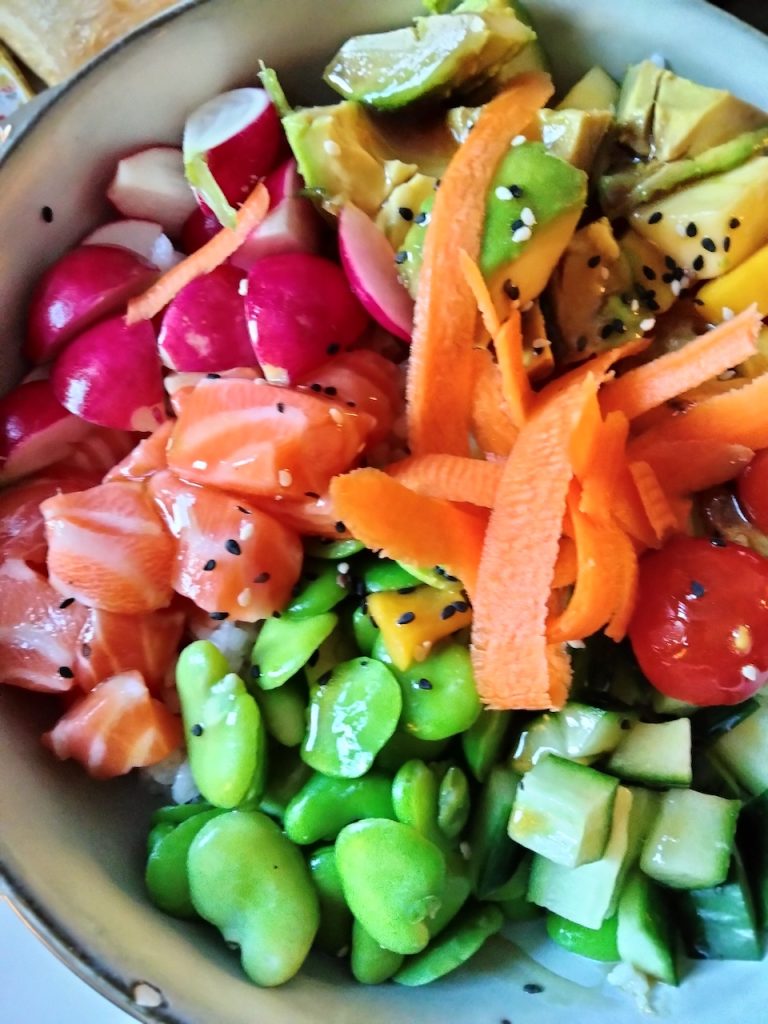Holiday Health Tips
December is typically a jam-packed month with holiday celebrations, shopping, end of year duties (personal and/or professional) among other things. Like most people, you are trying to maintain your sanity, weight and peace of mind. Physical activity, stress management and nutrition are 3 major players in maintaining a healthy body and mind. Consider a the following tips to help you keep up the momentum through the end of the year.
- Experiment with in-season produce and new, healthy holiday recipes. Search the internet for healthy recipes including ingredients such as winter squash, root vegetables, cabbage, pears, and apples, for example. These pair well with warm, sweet spices such as nutmeg, allspice and cloves.
- To stay active, consider signing up for a local/community walk or run. See what holiday-themed offerings are taking place in your community. Recruit the family for an after-dinner stroll to check out the Christmas decorations.
- Managing stress takes planning and consistency but not as much time as you might think. Incorporate laughter into your life, every day. A joke, funny video or story can put a smile on your face and lighten your heart. Have 5 minutes? Try progressive muscle relaxation at night when you hit the sack.










